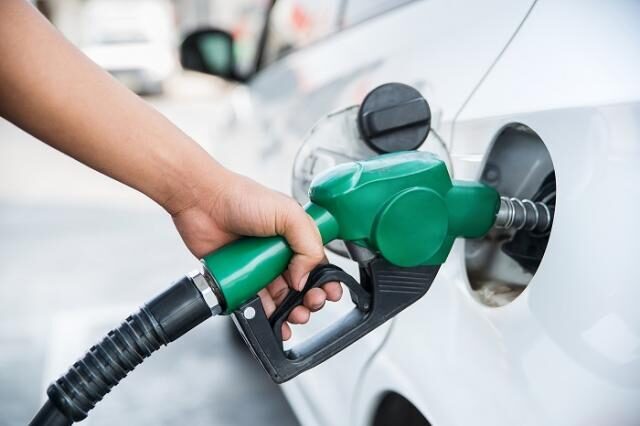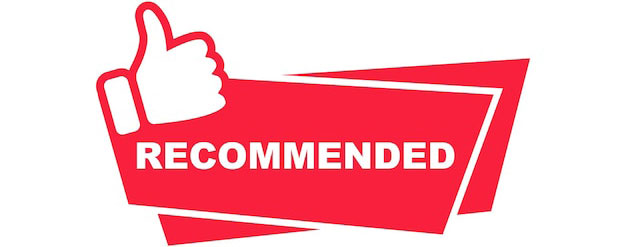Irish Fuel Prices Set for Four Hikes, Increasing Driver Burden

Recently, the Irish government’s tax policy has sparked widespread controversy, with drivers facing four increases in petrol and diesel prices over the next 12 months.
Gasoline prices are expected to rise by 15 cents per liter, and diesel by 12 cents per liter.
This series of price adjustments is expected to widen the gap in fuel prices between Ireland and Northern Ireland, raising concerns about significant impacts on border fuel retailers.
According to The Irish Independent, Irish Prime Minister Leo Varadkar, speaking in Washington, stated that the government would stick to its original plan regarding the planned fuel tax increases.
He mentioned that due to the rise in oil prices caused by the war in Ukraine, the government had reduced motor fuel excise taxes in 2022 when prices reached €2 per liter. Varadkar emphasized that those tax relief measures were temporary, and Finance Minister Michael McGrath has detailed in the budget how these reliefs will end, with future actions to strictly follow the budget plan.
Starting from April, the cost per liter of gasoline will increase by 5 cents, and diesel by 4 cents. This will be the second adjustment in reinstating full motor fuel excise tax measures.
In August, when the excise tax levels of gasoline, diesel, and green diesel are fully restored, a similar price increase will occur.
The third rise in the prices of gasoline and diesel will be announced in October’s budget, where the planned carbon tax increase is expected to raise fuel prices by about 3 cents per liter.
Furthermore, a fourth increase in oil prices is expected in early January of next year, when an increase in the biofuel component of transport fuels will raise the cost of both fuels by 1 to 2 cents per liter.
Michael Kilcoyne, chairman of the Consumers’ Association of Ireland, has expressed strong dissatisfaction with this series of price hikes, arguing that they will further burden drivers financially and increase the overall cost of living.
He pointed out that high fuel taxes generate about €6 billion annually for the government, calling for a reconsideration of the excessive tax burden on drivers and urging the Finance Minister to postpone the tax increases planned for April and August until after the budget is announced.
 If you find this site helpful, share it with your friends!
If you find this site helpful, share it with your friends!